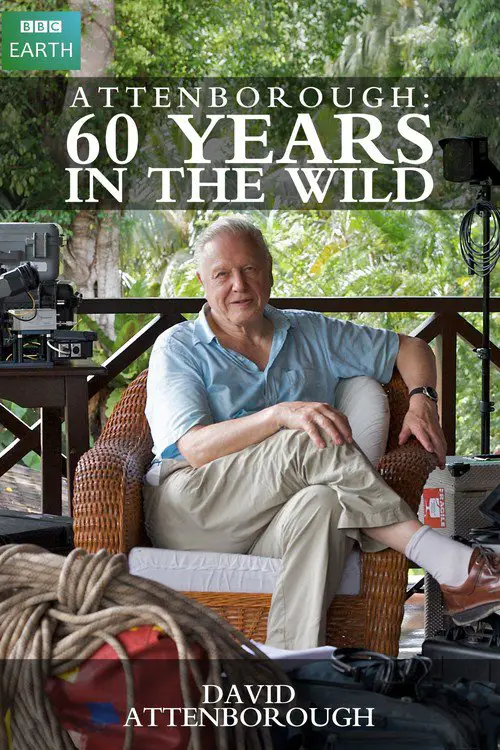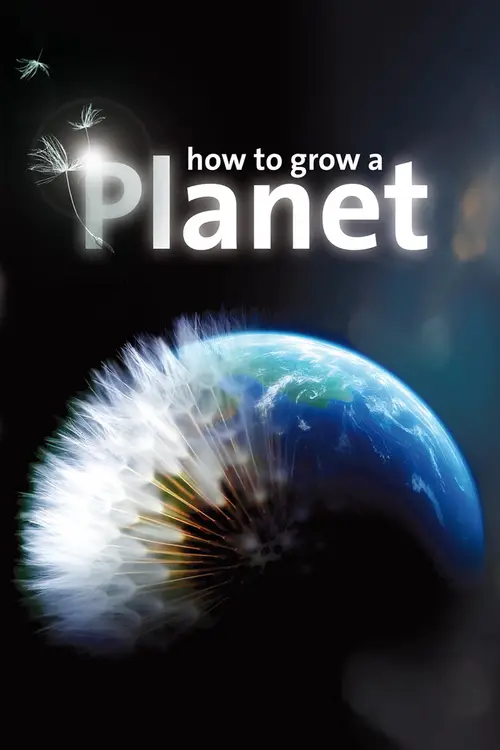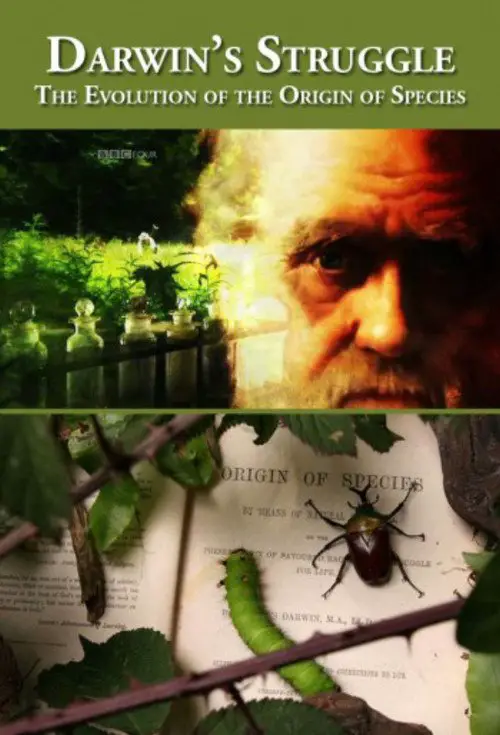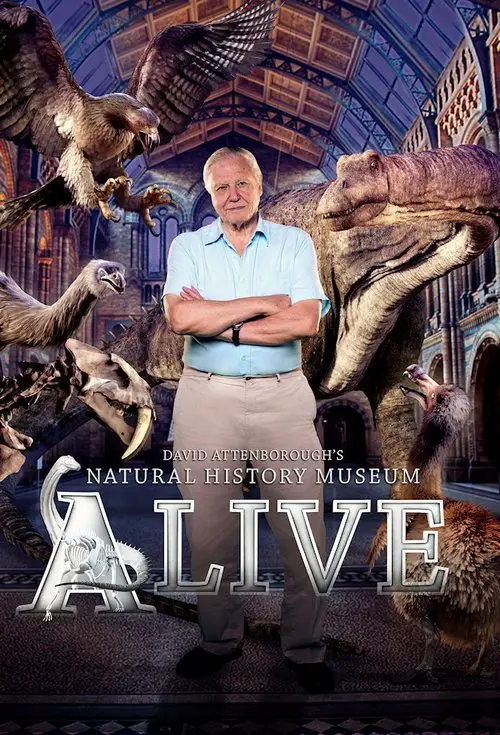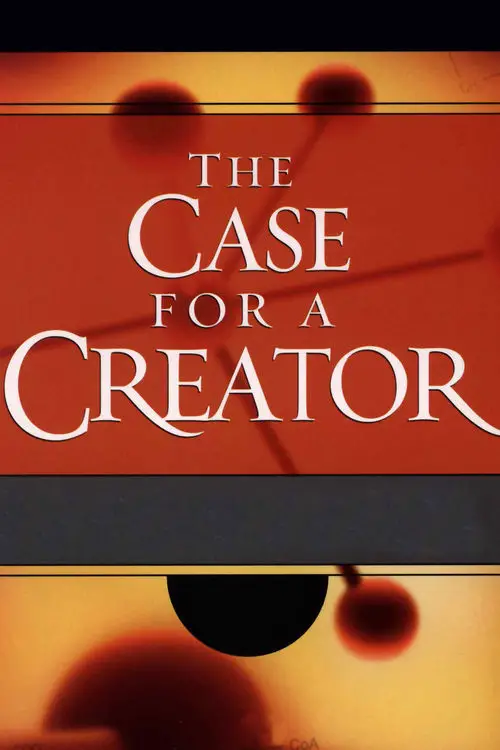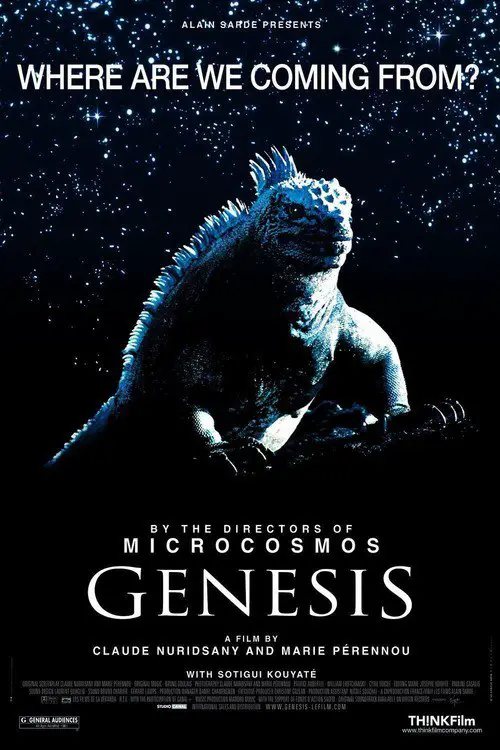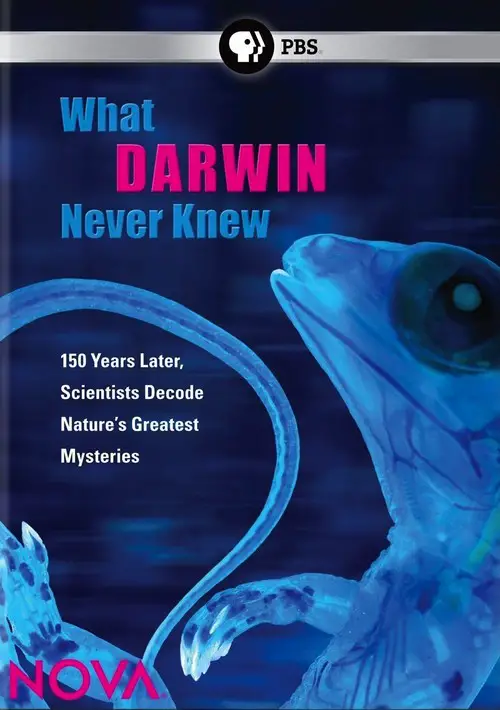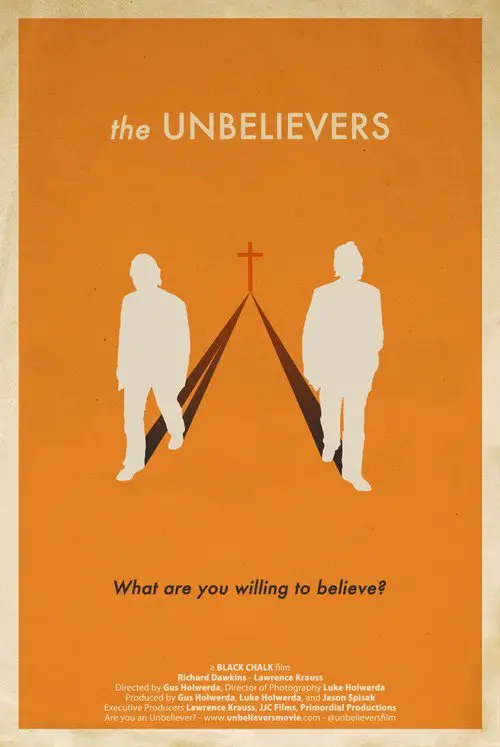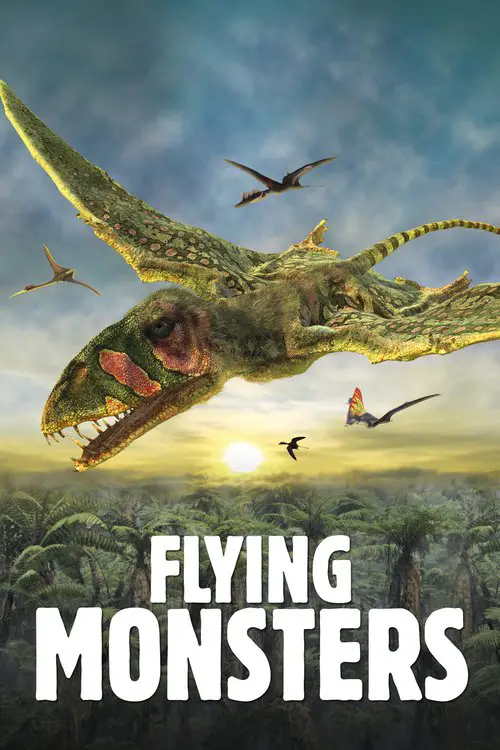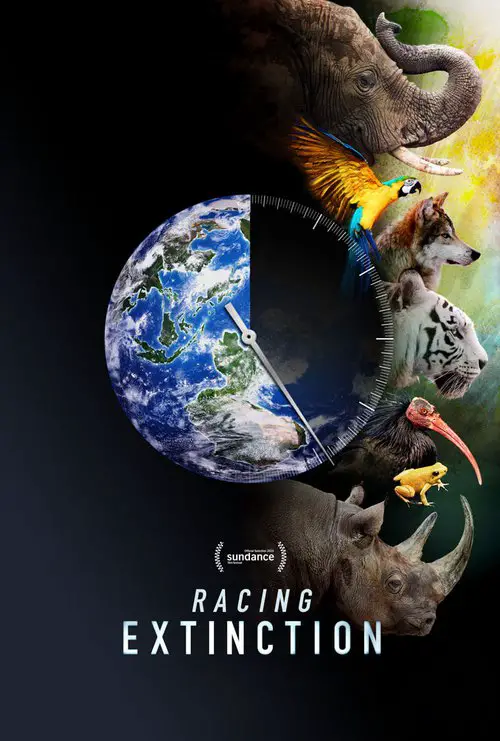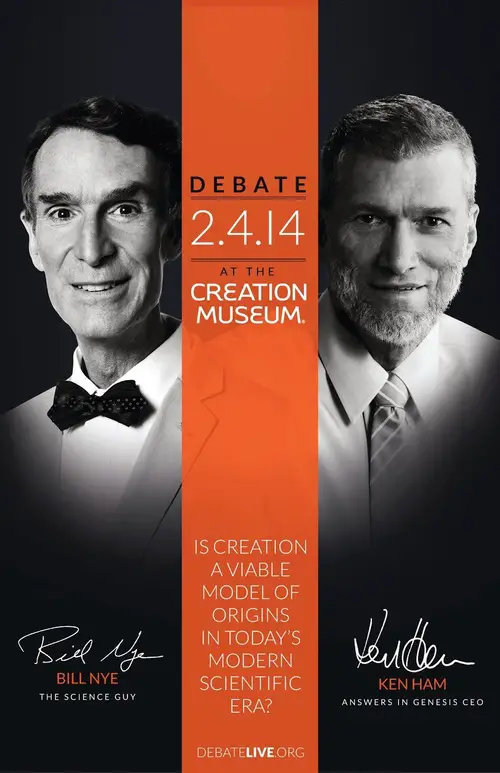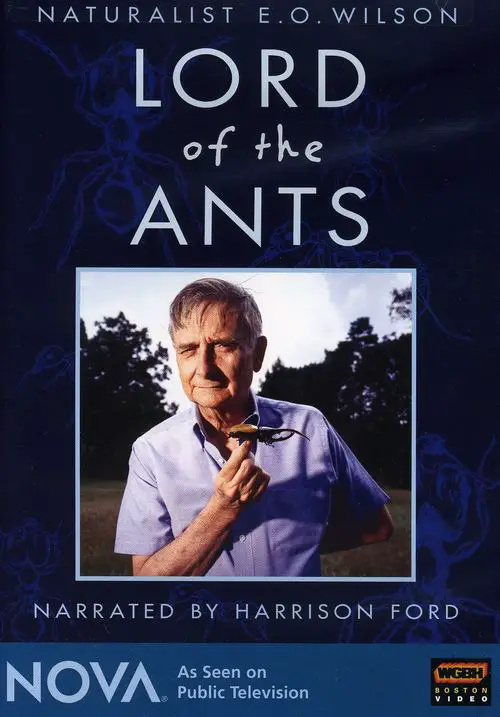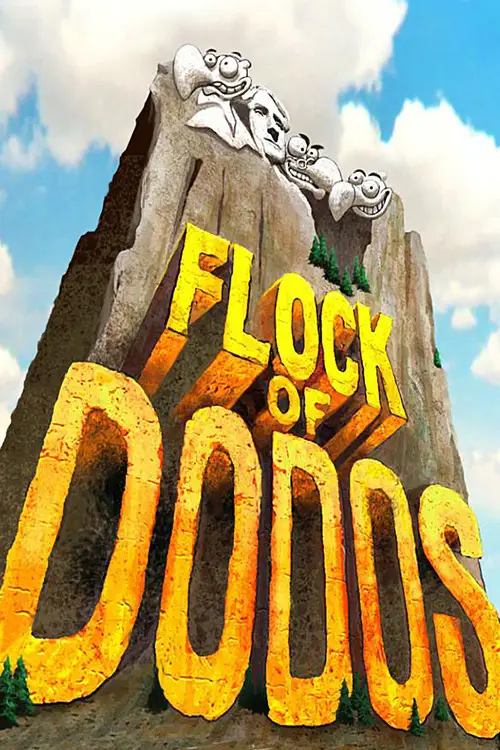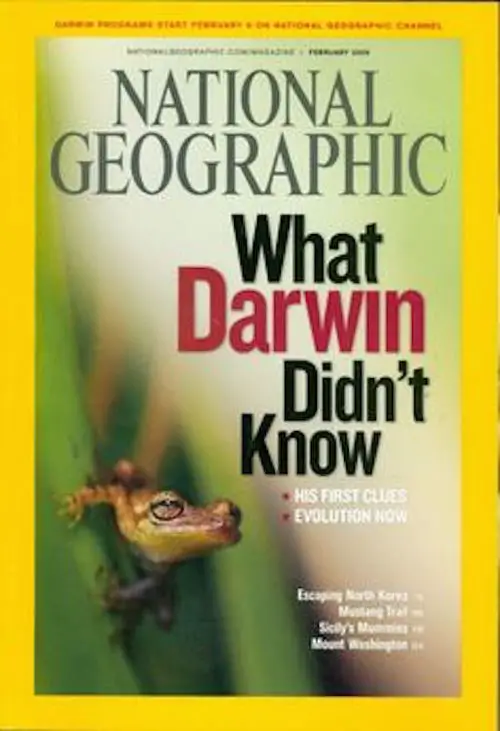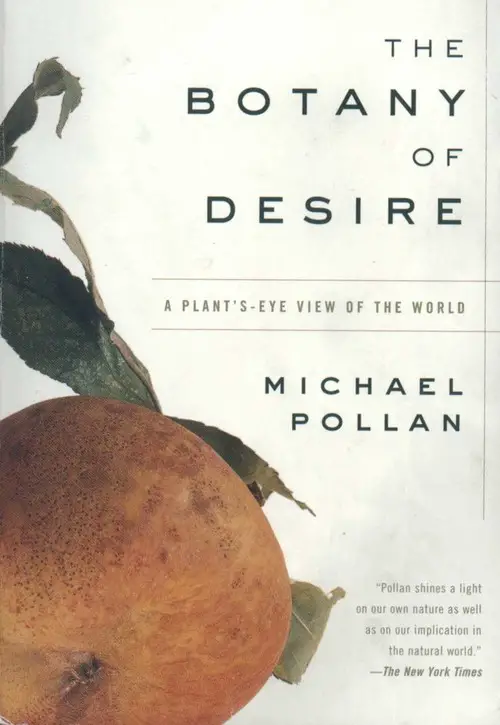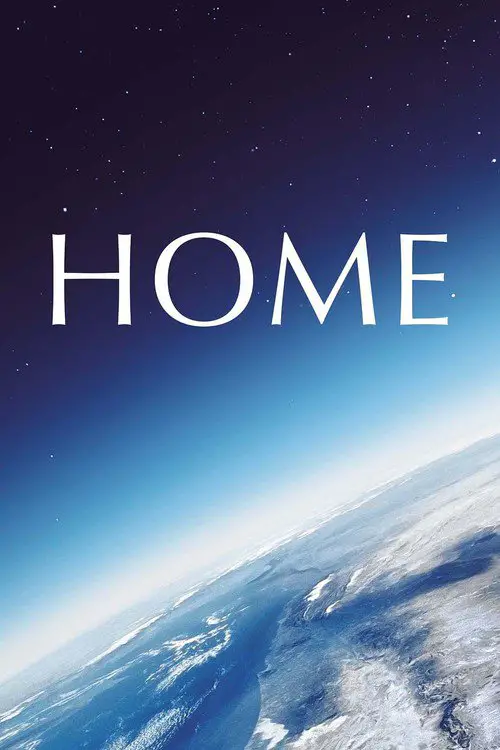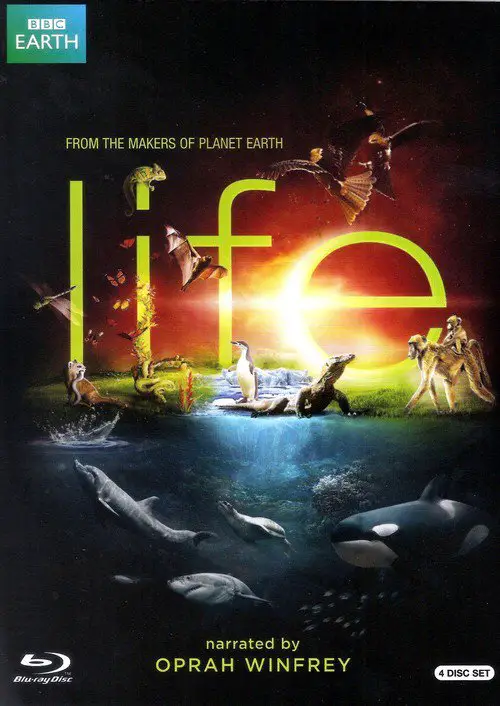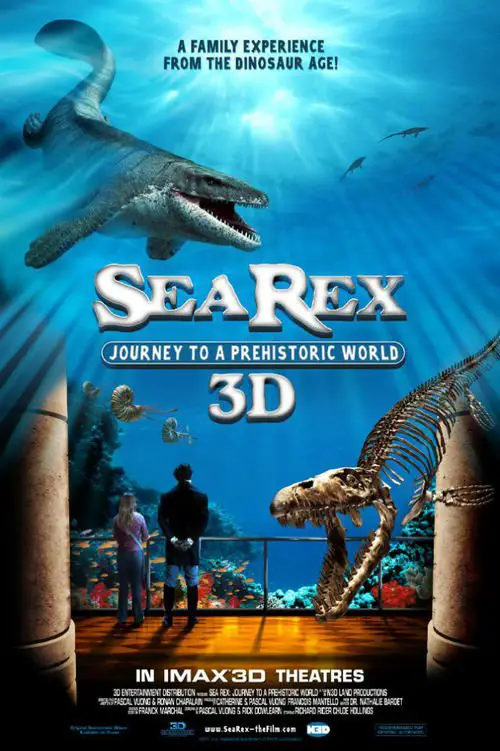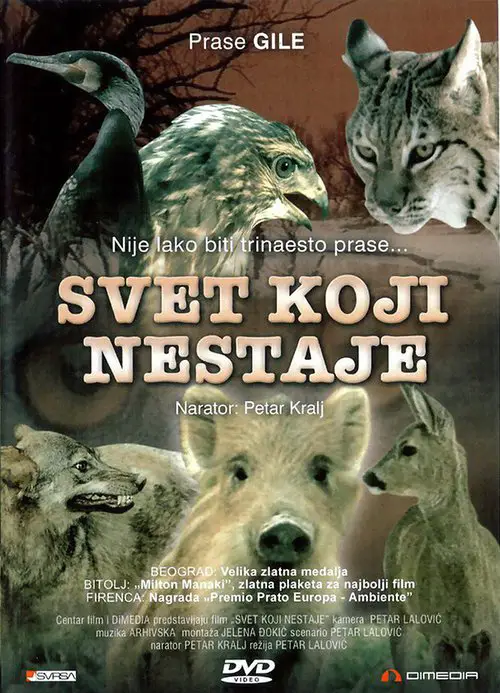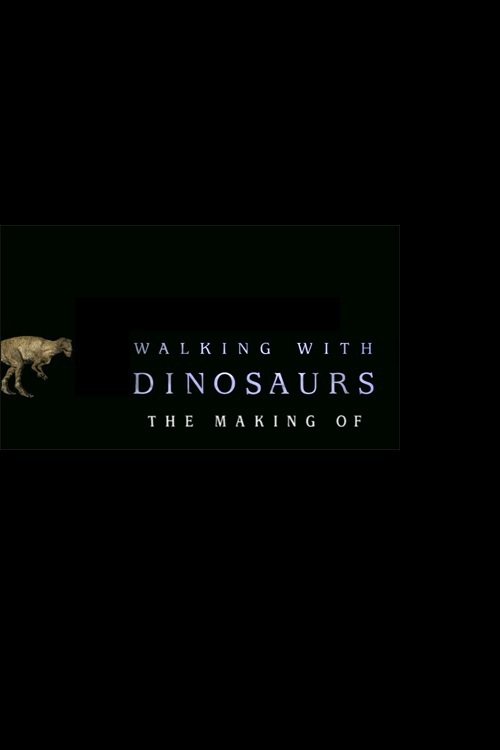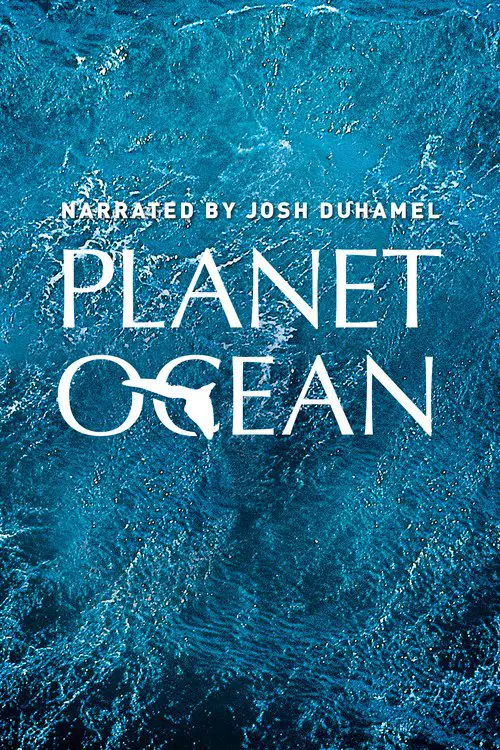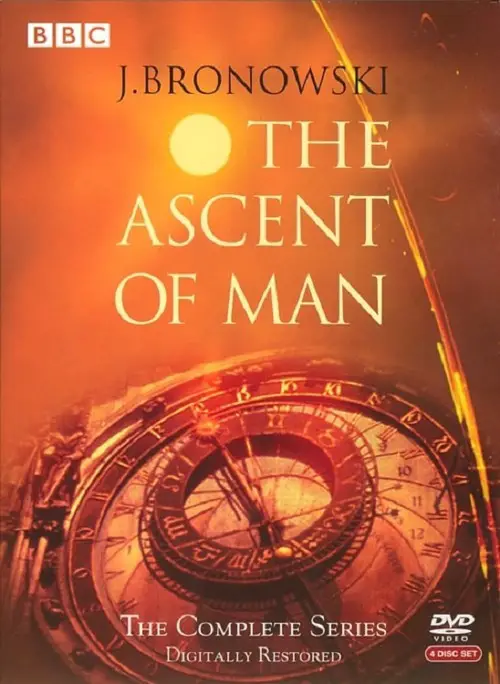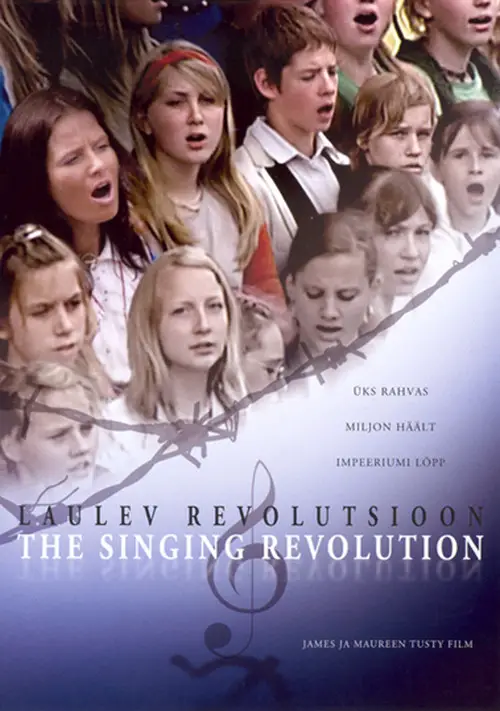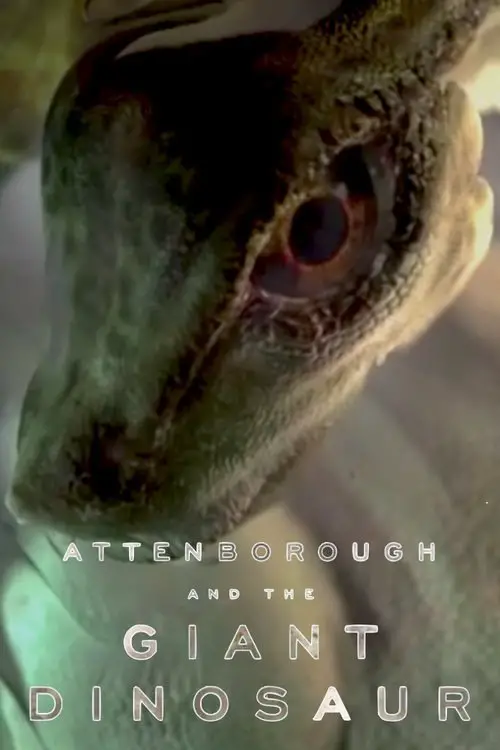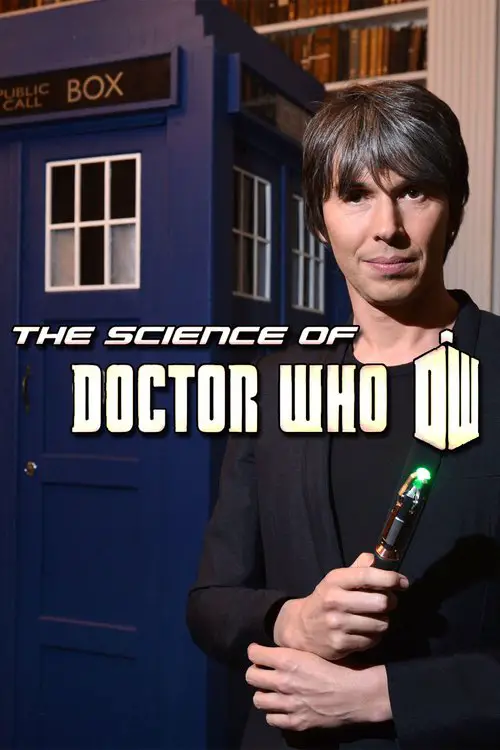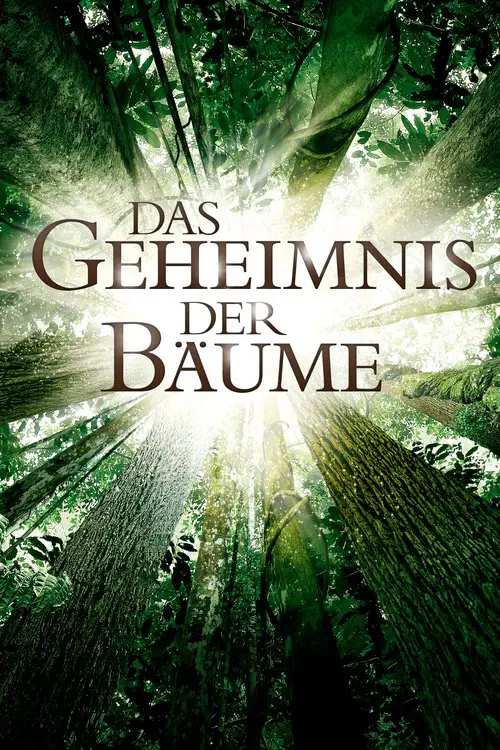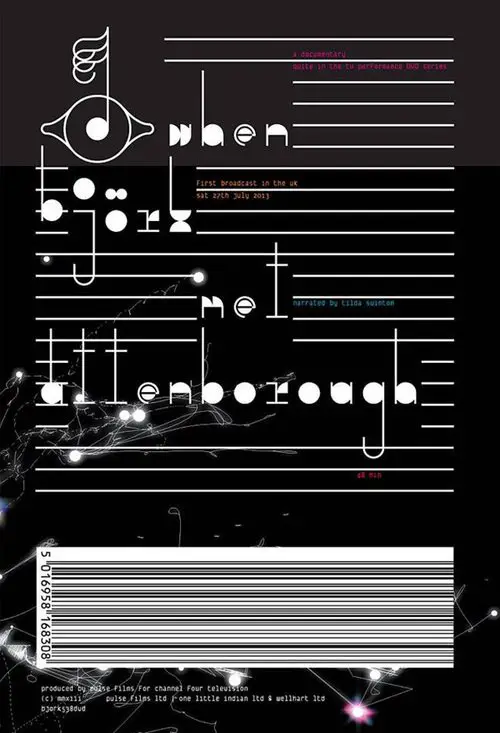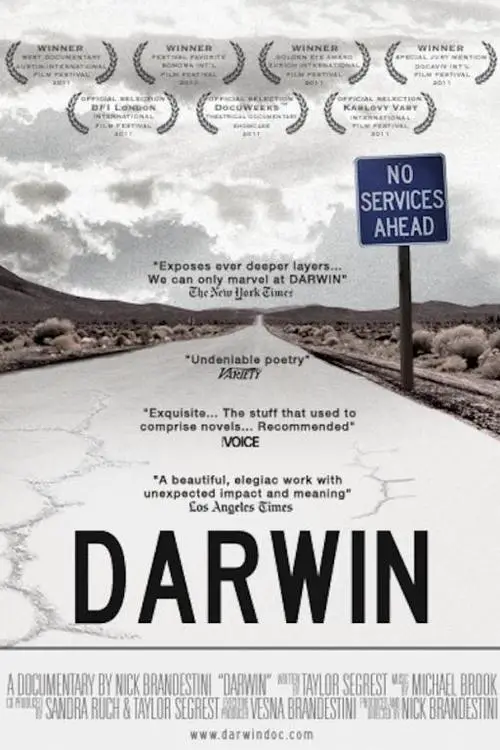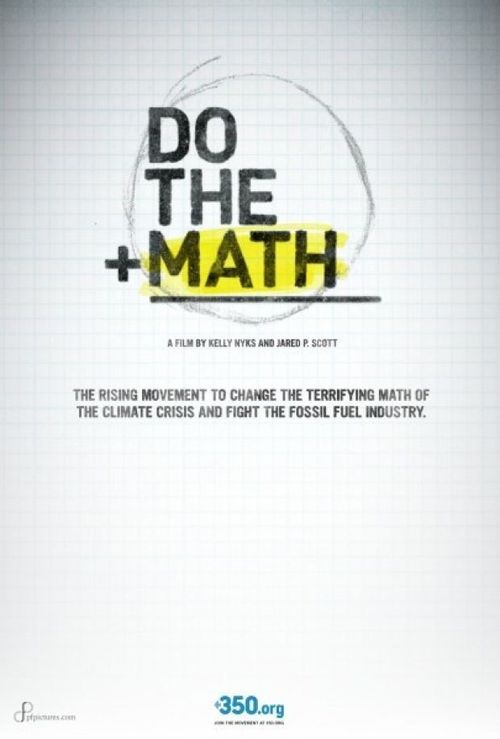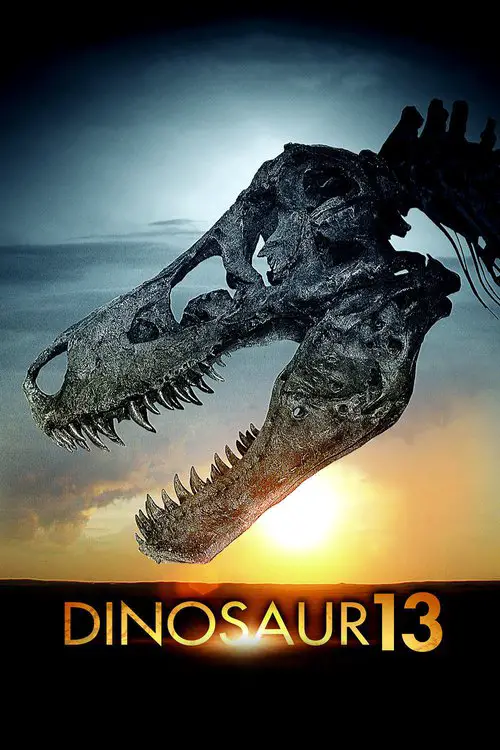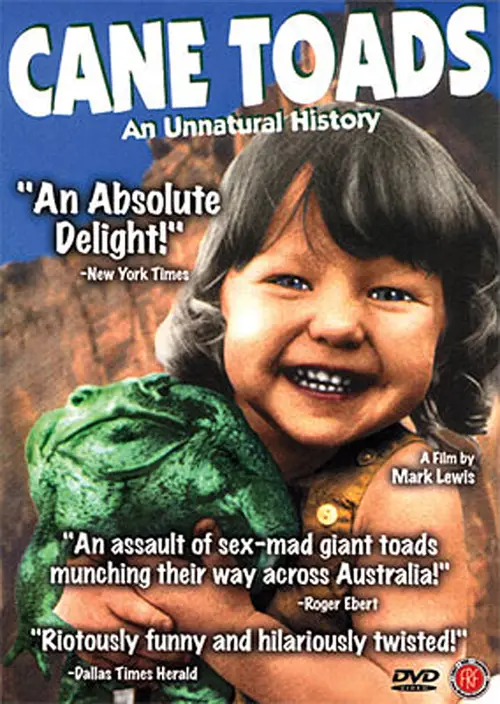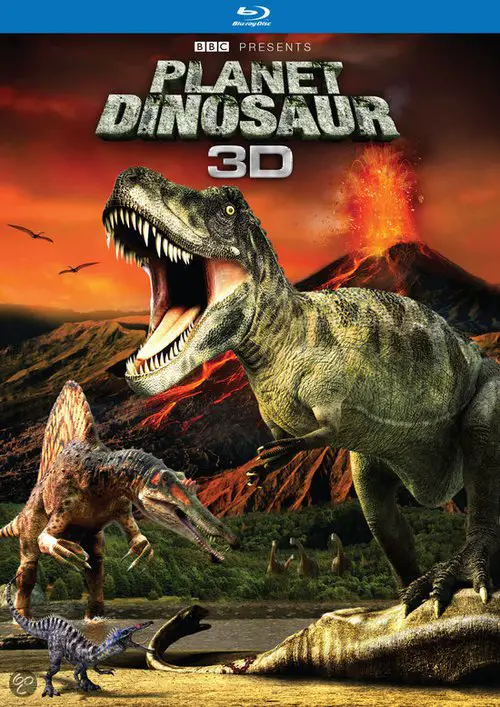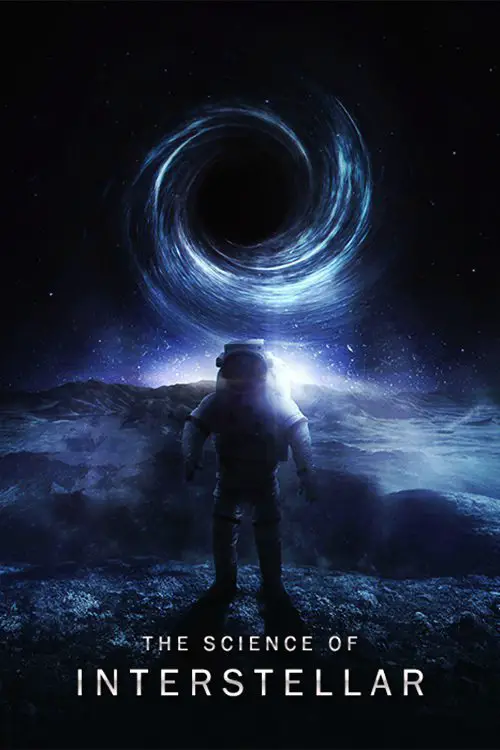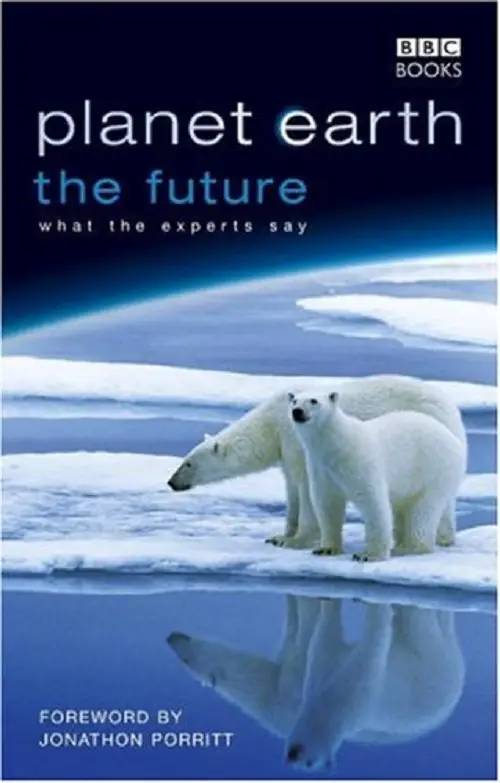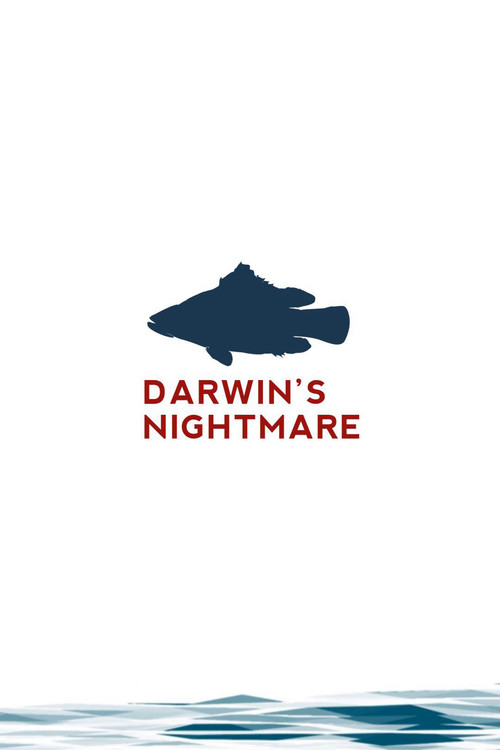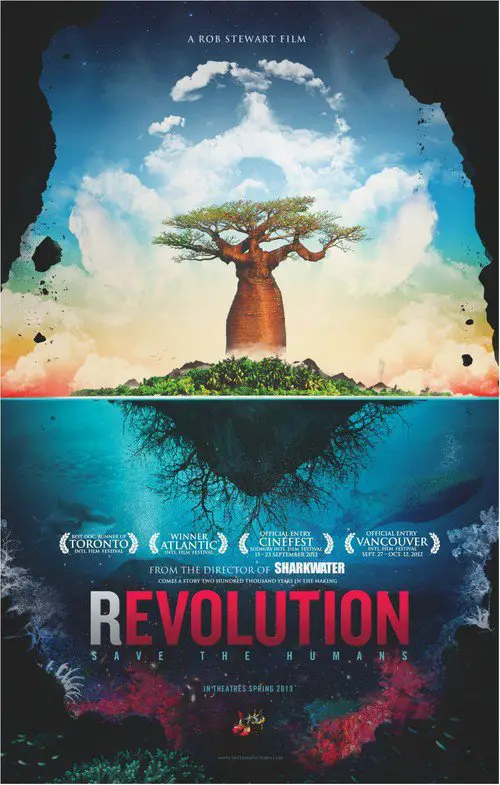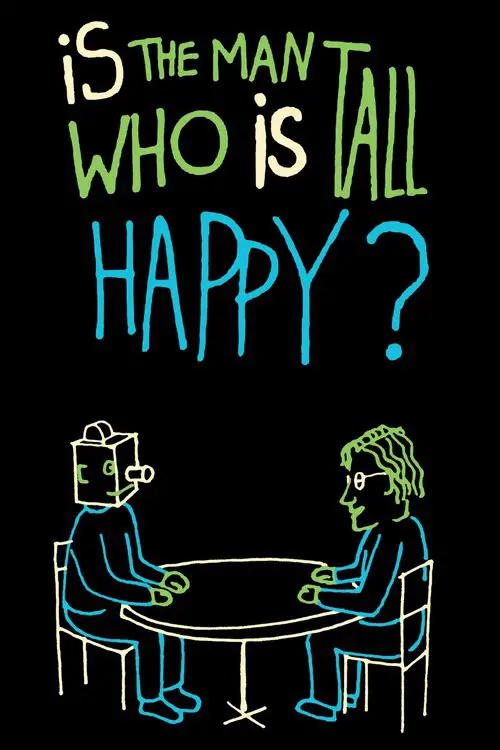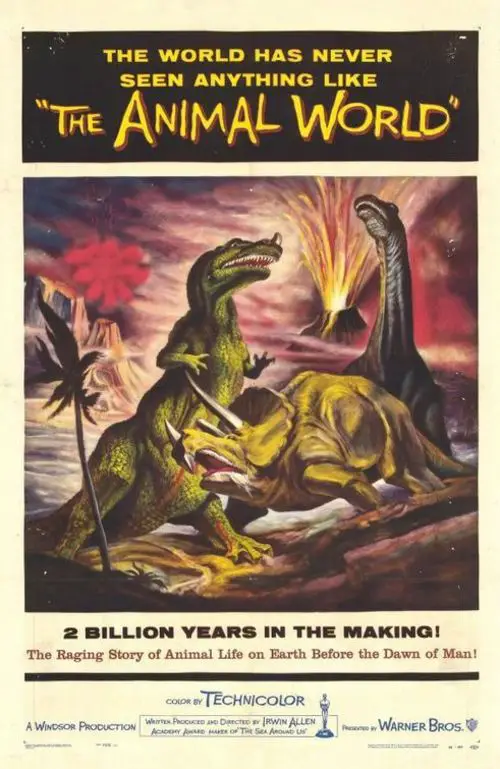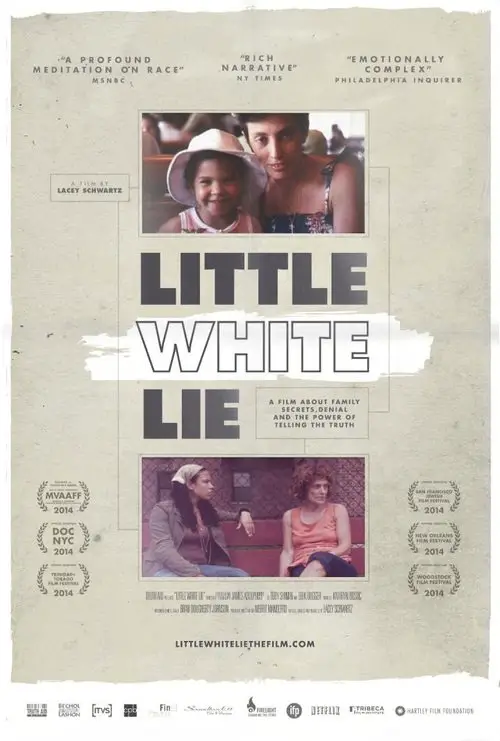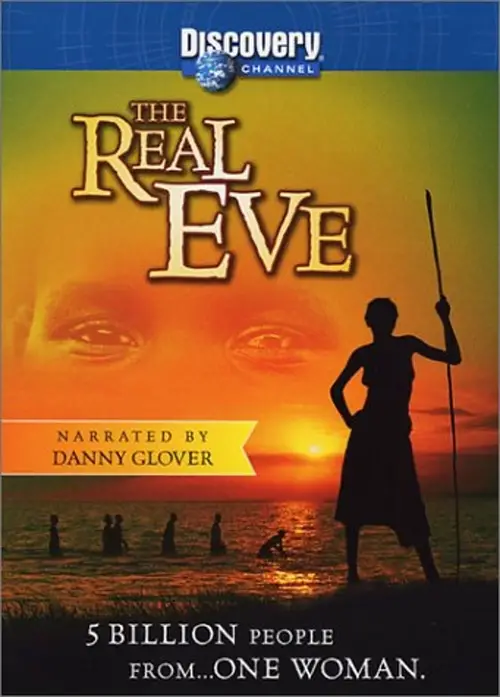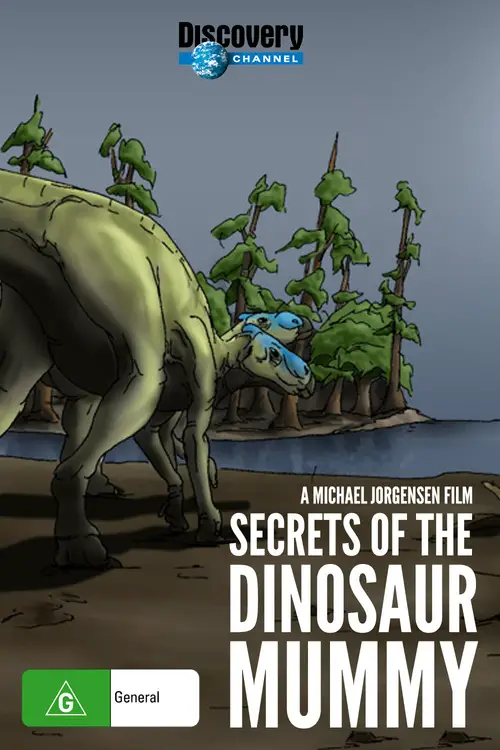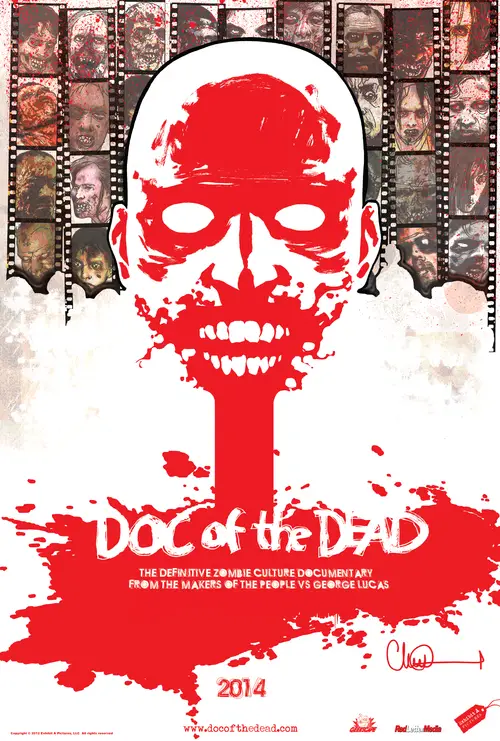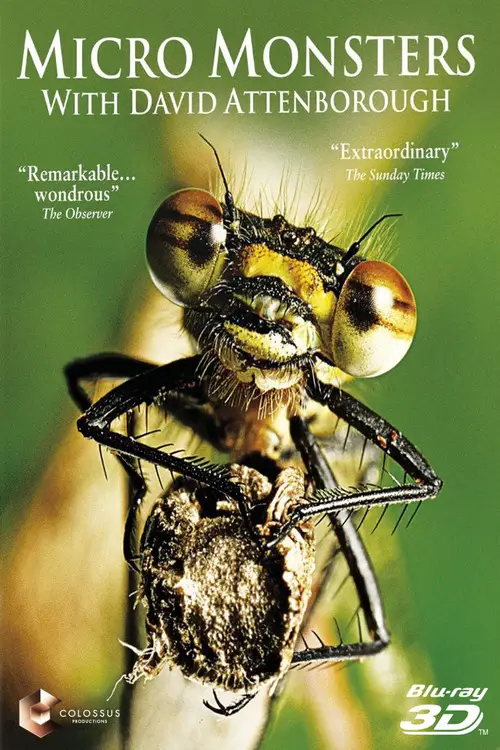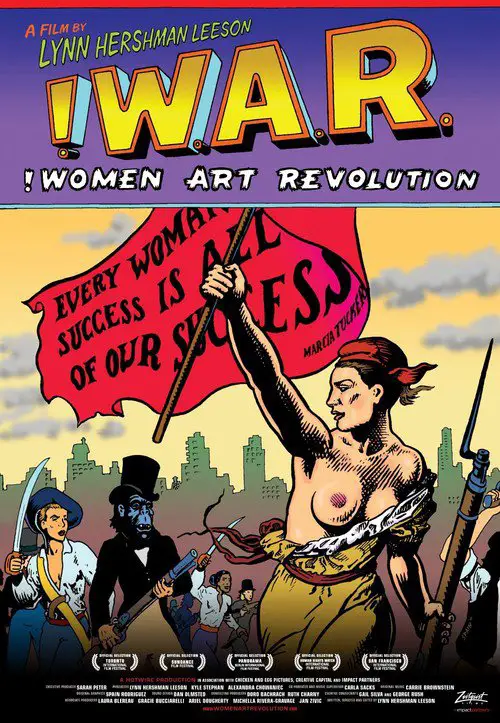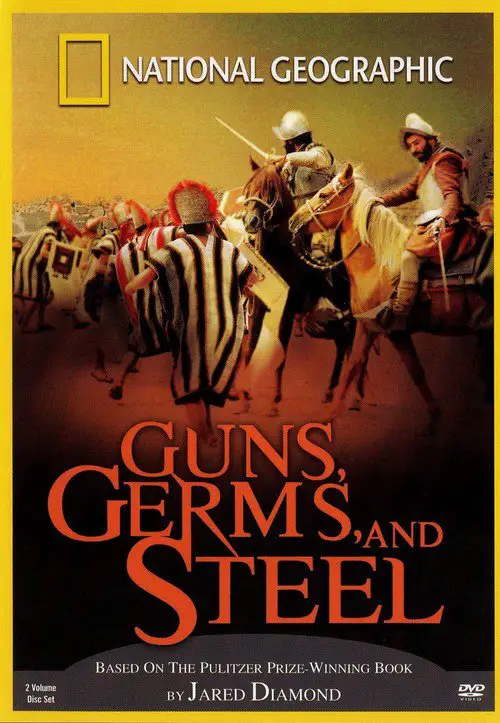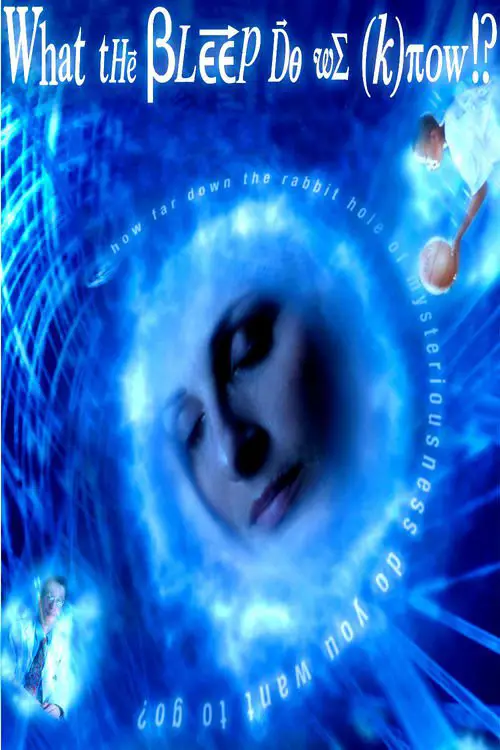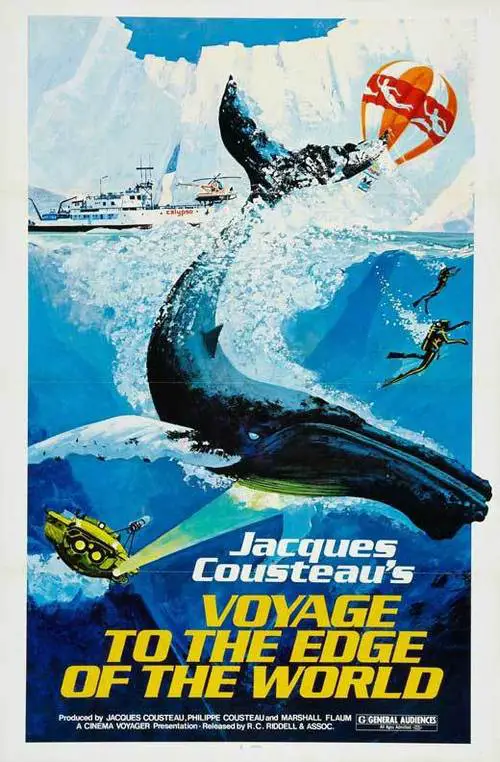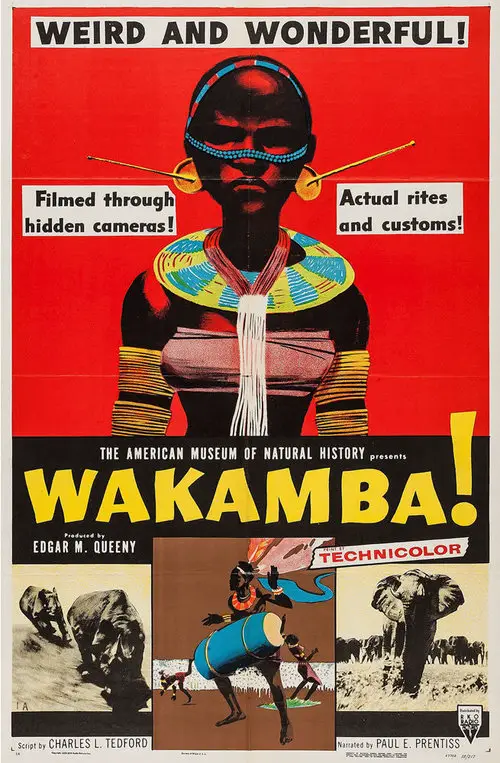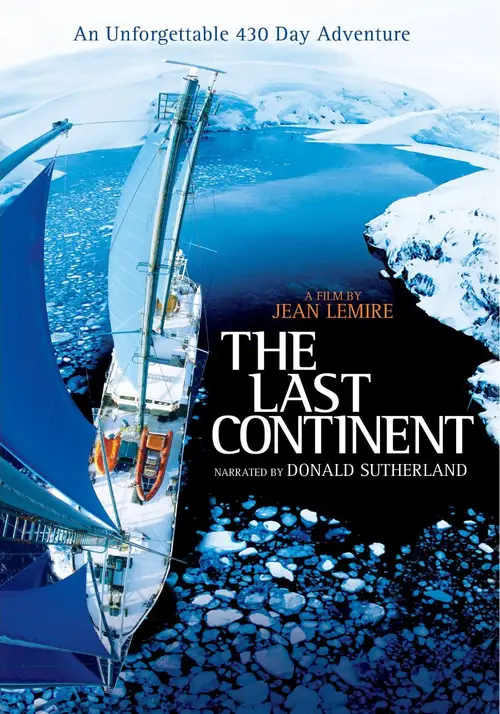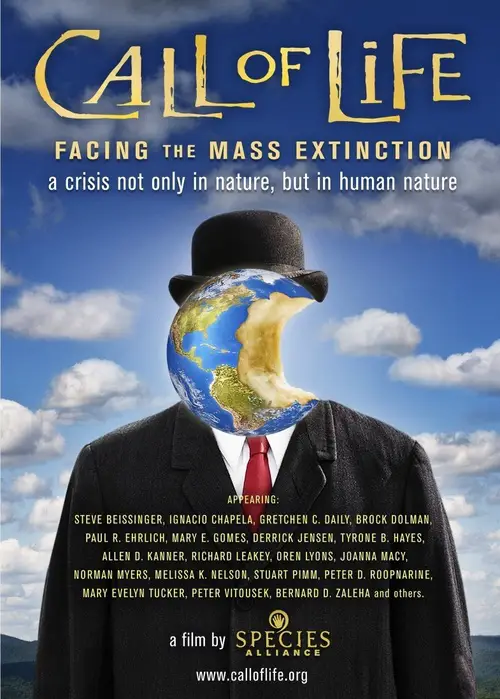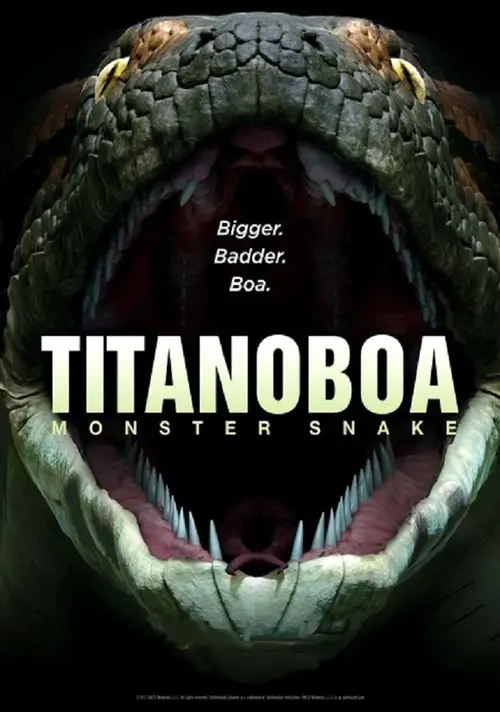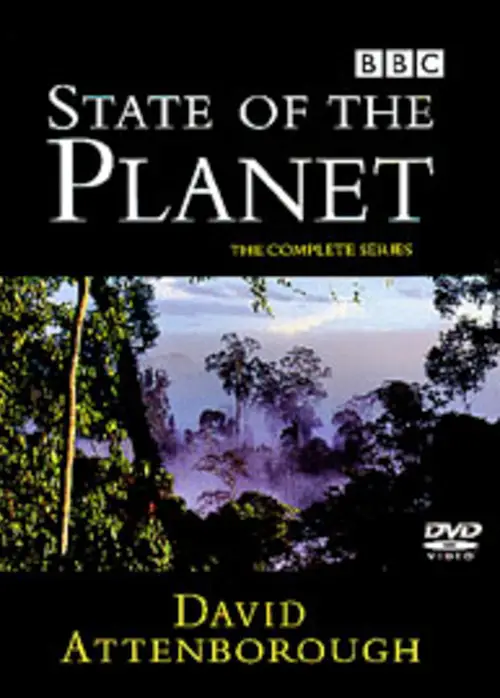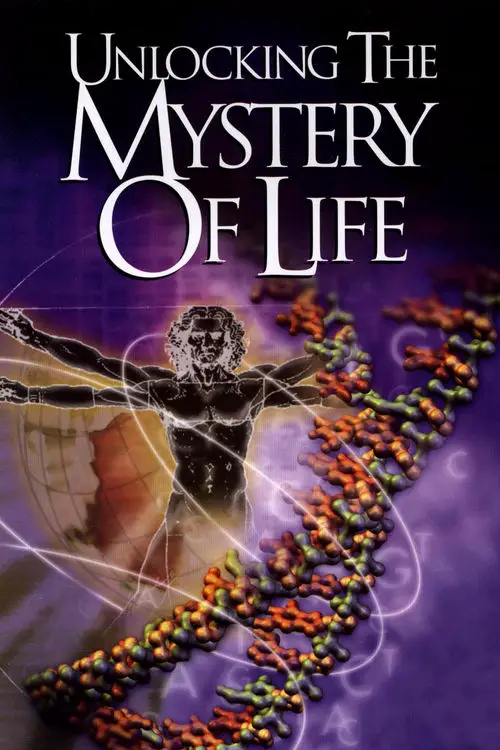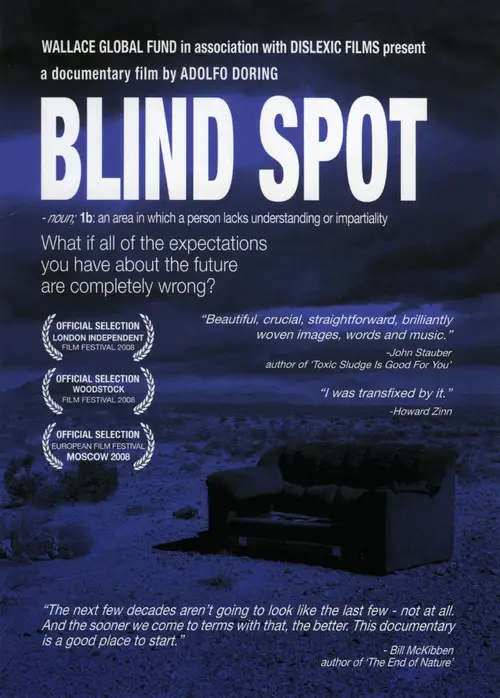Charles Darwin and the Tree of Life (2009)

Similar movies
A documentary series from Channel 4, hosted by professor Richard Dawkins, well-known darwinist. The series mixes segments on the life and discoveries of Charles Darwin, the theory of natural selection and evolution, and Dawkins' attempts at convincing a group of school children that evolution explains the world around us better than any religion.
Geologist Ian Stewart explain in three stages of natural history the crucial interaction of our very planet's physiology and its unique wildlife. Biological evolution is largely driven bu adaptation to conditions such as climate, soil and irrigation, but biotopes were also shaped by wildlife changing earth's surface and climate significantly, even disregarding human activity.
Hosted by Ben Stein, this controversial documentary examines how pro-intelligent design scholars and scientists are often chastised, fired or denied tenured positions by those who believe in Darwin's theory of evolution. Nathan Frankowski's film explores how scientists who believe in God are oppressed and how the acceptance of Darwinism might have played a role in the formation of the Nazi regime.
Documentary telling the little-known story of how Darwin came to write his great masterpiece, On the Origin of Species, a book which explains the wonderful variety of the natural world as emerging out of death and the struggle of life. In the twenty years he took to develop a brilliant idea into a revolutionary book, Darwin went through a personal struggle every bit as turbulent as that of the natural world he observed. Fortunately, he left us an extraordinary record of his brilliant insights, observations of nature, and touching expressions of love and affection for those around him. He also wrote frank accounts of family tragedies, physical illnesses and moments of self-doubt, as he laboured towards publication of the book that would change the way we see the world. The story is told with the benefit of Darwin's secret notes and correspondence, enhanced by natural history filming, powerful imagery from the time and contributions from leading contemporary biographers and scientists.
Regular opening times do not apply as we accompany Sir David Attenborough on an after-hours journey around Londonâs Natural History Museum, one of his favourite haunts. The museum's various exhibits coming to life, including dinosaurs, reptiles and creatures from the ice age. Shot by the same 3D team that worked on Gravity, examines how the animals and creatures at the London museum once roamed the earth.
When objectively considered, does contemporary scientific evidence point toward or away from a supernatural Creator? Strobel interviewed scientists and scholars from a wide range of disciplines for the answers. Based upon a New York Times best-seller, The Case For A Creator is a remarkable film about Lee Strobel's journey from spiritual skepticism to a profound faith in the God who has etched His indelible signature upon every galaxy and living cell. The Creator now revealed by 21st century science.
Earth teems with a staggering variety of animals, including 9,000 kinds of birds, 28,000 types of fish, and more than 350,000 species of beetles. What explains this explosion of living creaturesâ1.4 million different species discovered so far, with perhaps another 50 million to go? The source of life's endless forms was a profound mystery until Charles Darwin brought forth his revolutionary idea of natural selection. But Darwin's radical insights raised as many questions as they answered. What actually drives evolution and turns one species into another? To what degree do different animals rely on the same genetic toolkit? And how did we evolve?
220 million years ago dinosaurs were beginning their domination of Earth. But another group of reptiles was about to make an extraordinary leap: pterosaurs were taking control of the skies. The story of how and why these mysterious creatures took to the air is more fantastical than any fiction. In Flying Monsters 3D, Sir David Attenborough the worldâs leading naturalist, sets out to uncover the truth about the enigmatic pterosaurs, whose wingspans of up to 40 feet were equal to that of a modern day jet plane.
Documentary which tells the story of evolution theory since Darwin postulated it in 1859 in 'On the Origin of Species'. The theory of evolution by natural selection is now scientific orthodoxy, but when it was unveiled it caused a storm of controversy, from fellow scientists as well as religious people. They criticised it for being short on evidence and long on assertion and Darwin, being the honest scientist that he was, agreed with them. He knew that his theory was riddled with 'difficulties', but he entrusted future generations to complete his work and prove the essential truth of his vision, which is what scientists have been doing for the past 150 years.
Featuring Michael Pollan and based on his best-selling book, this special takes viewers on an exploration of the human relationship with the plant world -- seen from the plants' point of view. Narrated by Frances McDormand, the program shows how four familiar species -- the apple, the tulip, marijuana and the potato -- evolved to satisfy our yearnings for sweetness, beauty, intoxication.
David Attenborough's legendary BBC crew explains and shows wildlife all over planet earth in this 10-episode miniseries. The first is an overview the challenges facing life, the others are dedicated to hunting, the deep sea and various major evolutionary groups of creatures: plants, primates and other large sections of other vertebrates and invertebrates.
Through the power of IMAX 3D, experience a wondrous adventure from the dinosaur age. Join Julie, an imaginative young woman, in a unique voyage through time and space. Explore an amazing underwater universe inhabited by larger-than-life creatures which were ruling the seas before dinosaurs conquered the earth. See science come alive in an entertaining manner and get ready for a face-to-face encounter with the T-Rex of the seas!
It is a love story. When the twelve-breasted boar's sow farrows thirteen piglets, not having enough "sucking space" for the thirteenth, she rejects it and for the most part such piglets die. This drama from the world of animals paints the harshness of nature to the unwanted "thirteenth piglet", which we named Gile Baksuz (Gile Bad Luck). The rejected piglet is taken and given shelter by another species - a roe and her fawn...
A behind-the-scenes look at how the animators, sculptors and palaeontologists, using the latest state-of-the-art animatronics and computer graphics, collaborated to re-create not just these pre-historic behemoths but their behaviour as well for the BBC natural history documentary miniseries "Walking with Dinosaurs".
Most people don't think about singing when they think about revolutions. But song was the weapon of choice when, between 1986 and 1991, Estonians sought to free themselves from decades of Soviet occupation. During those years, hundreds of thousands gathered in public to sing forbidden patriotic songs and to rally for independence. "The young people, without any political party, and without any politicians, just came together ... not only tens of thousands but hundreds of thousands ... to gather and to sing and to give this nation a new spirit," remarks Mart Laar, a Singing Revolution leader featured in the film and the first post-Soviet Prime Minister of Estonia. "This was the idea of the Singing Revolution." James Tusty and Maureen Castle Tusty's "The Singing Revolution" tells the moving story of how the Estonian people peacefully regained their freedom--and helped topple an empire along the way.
David Attenborough tells the story of the discovery and reconstruction in Argentina of the world's largest-known dinosaur, a brand new species of titanosaur. Measuring 37m long and weighing 70 metric tons, it now holds the record as the biggest animal ever to walk the Earth. In 2014, a shepherd spotted the tip of a gigantic fossil bone sticking out of a rock in La Flecha Farm in the Chubut Province in the Argentinian desert. Palaeontologists soon uncovered a massive 2.4m long thigh bone, the largest ever found. By the end of the dig they had uncovered more than 220 bones. As the programme reveals, these all belong to a new species of the giant plant-eating titanosaur. Filmed over the next two years, Attenborough witnesses the uncovering and examination of these stupendous fossils and the dramatic construction of the complete skeleton. The film also reveals the internal secrets of this dinosaur and what it means to be a giant.
With Once Upon a Forest, Luc Jacquet invites the spectator into a never-before-seen world of natural wonder and staggering beauty. âFor the first time, we will be able to watch a rain forest growing before our eyesâ¦Only cinema can offer this unique voyage into a completely untamed universe, a world of perfect balance in which each living thing â from the smallest to the largest â plays an essential role. The film will deliver a complete sensory immersion in the primaeval splendor of one of natureâs richest mysteries, inviting the audience to enter, discover and marvel at a universe of untold treasures while joining its voice to the ever-growing awareness of the need to preserve our world.â
Award-winning musician Björk and legendary broadcaster and naturalist Sir David Attenborough have admired each other's work for years but this is the first time they have discussed their mutual love of music and the natural world on screen. In this remarkable documentary, Björk explores our unique relationship with music and discovers how technology might transform the way we engage with it in the future.
Nick Brandestini is a filmmaker based in Zurich, Switzerland. His first documentary, Return to Florence (2006), about a small group of young American and British artists studying classical methods at an unconventional school in Florence, screened at numerous film festivals across North America, winning several awards. His next documentary, H.R. Giger's Sanctuary (2007), about the renowned and reclusive artist, H.R. Giger, most famous as the creator of Ridley Scott's âAlienâ, was an official selection at the AFI Film Festival in Los Angeles.
Itâs simple math: we can burn less than 565 more gigatons of carbon dioxide and stay below 2°C of warming â anything more than that risks catastrophe for life on earth. The only problem? Fossil fuel corporations now have 2,795 gigatons in their reserves, five times the safe amount. And theyâre planning to burn it all â unless we rise up to stop them.
The cane toad was imported from Hawaii in 1935 to save Queensland's sugar crop from the grey-back beetle. It failed because the beetle could fly and the cane toad couldn't. But the cane toad stayed to become a pest of plague proportions and part of local culture and popular mythology. This offbeat and entertaining documentary presents not just the biological information, but also the surprising range of people's attitudes to these grotesque creatures, including keeping them as pets.
Adapted from the multi-award winning BBC1 series, Planet Dinosaur 3D recreates the lost world of the dinosaurs in a groundbreaking stereoscopic production. This is one of the most ambitious animated programmes ever attempted for broadcast TV, recreating every detail of these extraordinary animals in an entirely digital production that stretches the boundaries of broadcast 3D with a scale and ambition normally reserved for Hollywood feature films. Planet Dinosaur 3D is a thrilling and immersive journey into a lost world. Pulling together cutting edge research from around the world this programme uses the latest, stunning fossil evidence to chart the rise and fall of the 'Ultimate Killers'; from the iconic Spinosaurus, the largest predator ever to walk the Earth, to Microraptor and the feathered, flying dinosaurs from China. At last, thanks to the advances in technology, and for the first time ever, these monsters can be experienced in all their full, magnificent wonder.
Planet Earth: The Future is a 2006 BBC documentary miniseries on the environment and conservation, produced by the BBC Natural History Unit as a companion to the multi-award winning nature documentary Planet Earth. The programmes were originally broadcast on BBC Four immediately after the final three episodes of Planet Earth on BBC One. Each episode highlights the conservation issues surrounding some of the species and environments featured in Planet Earth, using interviews with the film-makers and eminent figures from the fields of science, conservation, politics, and theology. The programmes are narrated by Simon Poland and the series producer was Fergus Beeley.
Revolution is a new movie from internationally-acclaimed filmmaker Rob Stewart. A follow-up to his award-winning documentary Sharkwater, this continues his remarkable journey of discovery to find out that what he thought was a shark problem is actually a people problem. As Stewart's battle to save sharks escalates, he uncovers grave dangers threatening not just sharks, but humanity. In an effort to uncover the truth and find the secret to saving our own species, Stewart embarks on a life-threatening adventure through 15 countries, over four years in the making. In the past four years the backdrop of ocean issues has changed completely. Saving sharks will be a pointless endeavor if we are losing everything else in the ocean, not just sharks. Burning fossil fuels is releasing carbon dioxide into the atmosphere; changing the oceans, changing atmospheric chemistry and altering our climate.
Little White Lie tells Lacey Schwartz's story of growing up in a typical upper-middle-class Jewish household in Woodstock, NY, with loving parents and a strong sense of her Jewish identity â despite the open questions from those around her about how a white girl could have such dark skin. She believes her family's explanation that her looks were inherited from her dark-skinned Sicilian grandfather. But when her parents abruptly split, her gut starts to tell her something different. At age of 18, she finally confronts her mother and learns the truth: her biological father was not the man who raised her, but a black man named Rodney with whom her mother had had an affair. The Filmmakers Lacey Schwartz Producer/Director Mehret Mandefro Producer James Adolphus Co-Director http://www.itvs.org/films/little-white-lie
The made-for-cable documentary film The Real Eve is predicated on the theory that the human race can be traced to a common ancestor. The mitochondrial DNA of one prehistoric woman, who lived in Africa, has according to this theory been passed down from generation to generation over a span of 150,000 years, supplying the "chemical energy" to all humankind.
A group of fossil hunters uncover not only the bones of a 77 million year old dinosaur, but its mummified and fossilized 'body'. After excavating the duckbill nicknamed 'Leonardo', scientists begin a battery of tests including a radiographic autopsy. Journey along with a team of paleontology experts as they make several astonishing discoveries including the creature's last meal and never-before-seen internal organs.
Amanda (Marlee Maitlin) is a divorced woman who makes a living as a photographer. During the Fall of the year Amanda begins to see the world in new and different ways when she begins to question her role in life, her relationships with her career and men and what it all means. As the layers to her everyday experiences fall away insertions in the story with scientists, and philosophers and religious leaders impart information directly to an off-screen interviewer about academic issues, and Amanda begins to understand the basis to the quantum world beneath. During her epiphany as she considers the Great Questions raised by the host of inserted thinkers, Amanda slowly comprehends the various inspirations and begins to see the world in a new way.
On his ship "Calypso," as well as in a submarine, Jacques Cousteau and his crew sail from South America and travel to Antarctica. They explore islands, reefs, icebergs, fossils, active volcanic craters, and creatures of the ocean never before seen. This voyage took place in 1975, and Captain Cousteau became one of the first explorers ever to dive beneath the waters of the frozen South Pole.
American docudrama film which takes place in Kenya. It is a dramatized presentation of some of the social customs of the Bantu people, as represented through a young native hunter, Tandu. Narrated by Paul E. Prentiss, the film was a co-production of the American Museum of Natural History and Jarville Studios.
In 2005, a small group of scientists and filmmakers agreed to leave everything behind for more than a year to sail to the Antarctic and live in isolation. Following in the path of the greatest explorers, expedition leader Jean Lemire and the crew of the Sedna IV dedicated themselves completely to measuring the threat posed by global warming in a place where Earth is particularly vulnerable. The resulting film, is a record of their incredible 430-day journey that inspires equal measures of fear and admiration. Alternating between captivating images of beauty and serenity, and spine-tingling sequences where the ship's crew finds itself on the edge of catastrophe, this is an expedition where danger and wonder are inextricably linked.
The first feature-length documentary film to fully investigate the growing threat to Earth's life-support systems from the loss of biodiversity. If current trends continue, scientists warn that half or more of all plant and animal species on Earth will become extinct within the next few decades. Call of Life investigates the scope, the causes, and the predicted effects of this unprecedented loss of life, but also looks deeper, at the ways in which both culture and psychology have helped to create and perpetuate the situation. The film not only tells the story of a crisis in nature, but also in human nature, a crisis more complex and threatening than anything human beings have ever faced before.
In the pantheon of predators, it's one of the greatest discoveries since the T-Rex: a snake 48 feet long, weighing in at 2,500 pounds. Uncovered from a treasure trove of fossils in a Colombian coal mine, this serpent is revealing a lost world of giant creatures. Travel back to the period following the extinction of dinosaurs and encounter this monster predator (http://www.smithsonianchannel.com).
Unlocking the Mystery of Life represents a unique programming opportunity for local stations. Its broadcast release coincides with the 50th anniversary of one of the greatest scientific breakthroughs in history-James Watson and Francis Crick's discovery that the DNA molecule carries hereditary information in the form of a code that many scientists have likened to computer software or a written language. This discovery (announced on April 25,1953) sparked a scientific revolution. But it also left a fundamental question unanswered. Where did the information in DNA come from? How did the software in the cell arise? Unlocking the Mystery of Life explores these questions through the stories of a growing number of scientists who no longer believe that natural selection or chemistry, alone, can explain life's origin. Instead, they think that the microscopic world of the cell provides evidence of purpose and design in nature.
A documentary film that illustrates the current oil and energy crisis that our world is facing. Whatever measures of ignorance, greed, wishful thinking, we have put ourselves at a crossroad, which offers two paths with dire consequences. If we continue to burn fossil fuels we will choke the life out of the planet and if we don't our way of life will collapse.
© Valossa 2015–2026
| Privacy Policy
